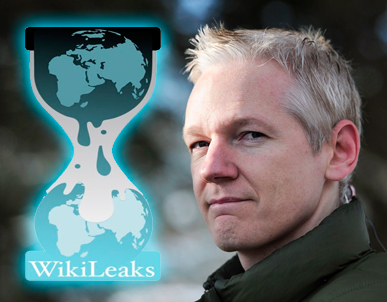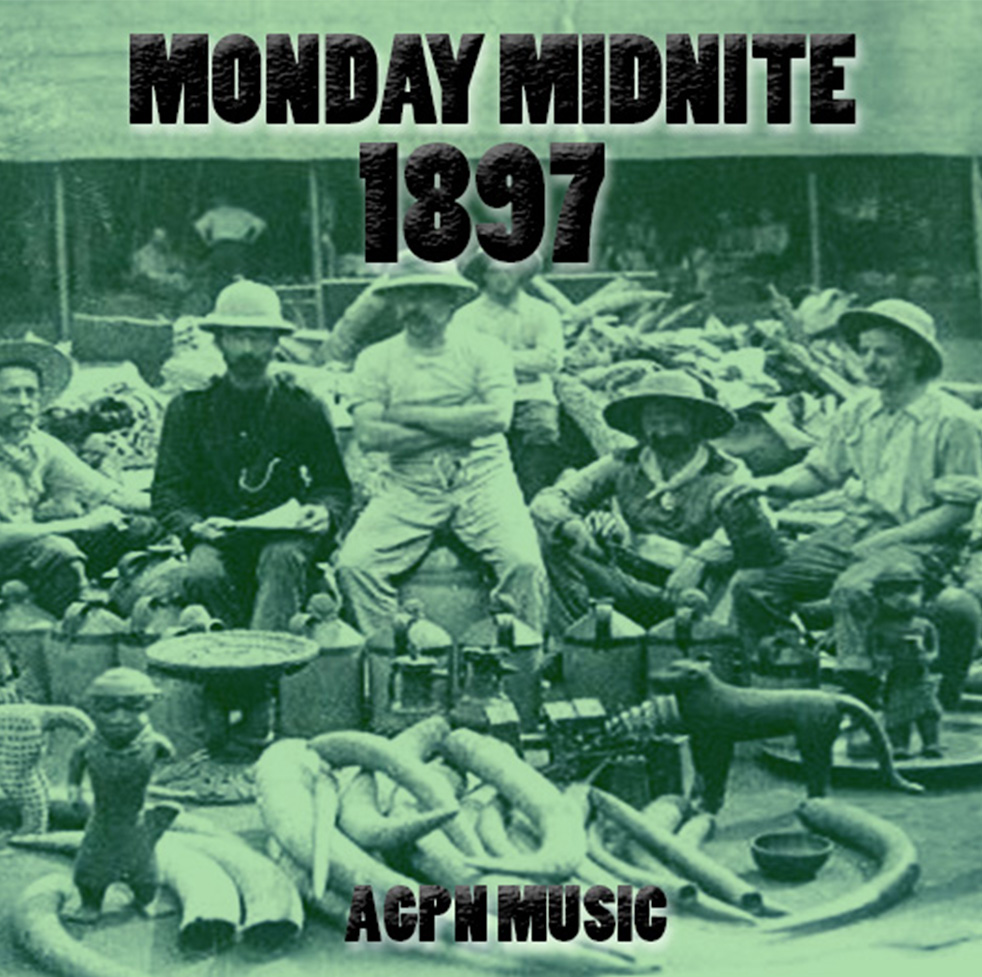 Posted: September 11, 2011 - 02:36
Posted: September 11, 2011 - 02:36It is a cruel coincidence that in a week in which awful revelations have been tumbling out from WikiLeaks, much of it about the filthy nature of Nigeria’s political elite, the Goodluck Jonathan government insisted on inserting a 100 Days celebration.
I would have counseled a policy of silence, but perhaps, in their wisdom, they imagined such a celebration would deflect attention from the lamentable revelations.
The Presidency’s statement, 100 Days of Promising Less and Delivering More: The Jonathan Transformational Agenda,” was penned by Reuben Abati, who is President Jonathan’s spokesman. There may be no better omen that this government has a conceptual problem.
The Jonathan government must understand that appointing people to office is not an achievement.
Organizing a seminar is not an achievement.
Receiving a guest, whether he journeyed from Maiduguri or Mars, is not an achievement.
Setting up a committee is not an achievement.
Launching a campaign is not an achievement.
Being recognized by whoever as the second largest oil exporter on earth is not an achievement.
”Approving funds” or “awarding contracts” is not an achievement; demonstrating that a project has been completed, especially ahead of time and under budget, that is.
Assenting to a bill is not an achievement; demonstrating how that bill has had an immediate impact on the fortunes of some citizens, for instance, would be an achievement.
Receiving repatriated funds is not an achievement; immediately using such funds to fulfill a demonstrable public need, would be.
Making “stellar appointments” is not an achievement; using average appointments to accomplish stellar objectives would be.
Generating power at Nigeria’s “highest level ever” would be an achievement, if we knew exactly what that meant, and if its impact can be demonstrated.
“Promising less,” is not the equivalent of delivering anything, let alone delivering more of anything. The truth is that, if we are talking about the Jonathan administration, nothing has yet been delivered or achieved.
Did anyone expect Jonathan to “achieve” a lot in 100 days? To rise up and demonstrate seriousness, yes, but to actually accomplish critical targets, not really. The question is whether Mr. Jonathan is prepared to rise to the challenge, or whether he will always attempt to market the aroma as the food.
In 2004, in the Introduction to the book, “The Whole Truth,” a collection of editorials by The Guardian, Mr. Abati noted how the newspaper’s editorials had for 20 years had to deal with the same themes of governance, development and human conduct. “He watches as Nigeria moves, while remaining on the same spot and yet time moves ahead as the people are left behind...,” he wrote. “But the question, the big question is: do Nigerian leaders read? Do they listen?”
Today, not only is Abati in a position to answer that question, he is in a position to ensure that Nigeria’s ruler works for, and is answerable to the people.
To do that, the first thing that the government of which he is now a part must do is to avoid taking the people for granted through the kind of insulting list of “achievements” he has just published.
If Jonathan wants to be considered an achiever, he must take up the list of promises he made to the Nigerian people in the months he was begging for their votes. If he is not working with that list, he has already let the people down.
If he is working with that list, the ongoing WikiLeaks revelations ought to shock and sadden him, for various reasons. What all the revelations lead to is whether Jonathan believes he can move the nation forward without first clearing the debris, including those being unveiled by WikiLeaks.
Not only do the stories confirm much of what we have always known about the malfeasance in our country’s governance, they also confirm why we continue to be an under-developing country.
All the WikiLeaks stories are, of course, readily deniable, and last week, the denials began to flow. According to Mr. Abati, in one, “... Jonathan has never been on any EFCC list of corrupt governors and we challenge anyone to prove otherwise."
Not true. Although Nigeria is a very forgetful country, in mid-2006 Jonathan was indeed listed and recommended for prosecution, along with several other governors, by a Joint Task Force (JTF) set up by President Obasanjo to fight corruption.
The JTF comprised the Independent Corrupt Practices and Other Related Offences Commission (ICPC); the EFCC; the Code of Conduct Bureau (CCB); the Department of State Services (DSS), and the Nigerian Police. Each of those organizations contributed five members to the JTF, and Nuhu Ribadu was its chairman.
As Governor of Bayelsa State, the JTF cited Jonathan for false declaration of assets that included an N18 million Lexus Jeep he claimed to have acquired in 2004 through personal savings, and a BMW 7351 Series bought for N5.5 million in 2005. The JTF established that he had received them as gifts, in violation of the CCB Act of 1990. There were also properties in Abuja and Otuke Ogbia LGA that were reportedly acquired outside his legitimate income.
That was 2006, the same year Jonathan’s wife was cited by the same Ribadu in his report to the Senate on 27 September. That may also have been why, when he became Vice-President, Jonathan released his assets declaration only after intense pressure. Now that he is the President, he has completely refused to do so!
That is simply the short answer to Abati’s question. The more important issue is where Jonathan is going now. Is he going to get things done, or merely compile lists of his staff and the stationery supplied?
For me, one of the most fascinating of last week’s leaks was Ambassador Campbell’s 2006 cable to the US State Department: “Corruption: Nigeria “Improves” to Sixth-Worst In The World...What Can We Do About It?”
Think about it: “Sixth-Worst.” Read the cable and see how they laughed at Obasanjo’s celebration of our “rise” to sixth-worst in the corruption sweepstakes!
The ambassador proposed using denial of visas to corrupt Nigerian officials as a tool for forcing change, a point which tallies with President Barack Obama’s speech in Accra a couple of years later. Campbell said the US would compile such a list, which I am sure they now have. Imagine if the industrialized nations were to implement such a policy!
But let us begin with the United States being so two-faced. Many of the figures on that list have used Nigeria’s funds to buy expensive property in some of the most fascinating neighborhoods in the US. Unlike in the United Kingdom, unfortunately, the US is taking action against none of them.
Better yet, the US should sponsor a new international development methodology where acceding countries receive development assistance that is channeled directly to projects and schemes agreed with that country.
They would then be bilaterally implemented and supervised by the BiNational Commission and the United Nations Development Programme. I am sure that in just a few years, poor Nigerian kids can go to good schools; citizens can avoid dying in routine highway crashes; and powerful Nigerians need not go abroad to find a decent hospital in which to die.
Until then, we must be grateful to WikiLeaks for the new understanding of our land with which we are being empowered.
It was somewhat funny last week hearing Abati reject some tumultuous cables, because it was only last January that The Guardian made WikiLeaks founder Julian Assange its “Man of the Year.”
The Assange citation was penned by Abati himself. Among others, he wrote, “Assange is in the eyes of the ordinary man across boundaries more of a hero than villain, more of a champion than a pest, an achiever and flag-bearer for the open society ideal, not an anarchist, but a progressive.”
Despite the questionable 100 days past, I have a feeling these are going to be four remarkable years.


No comments:
Post a Comment